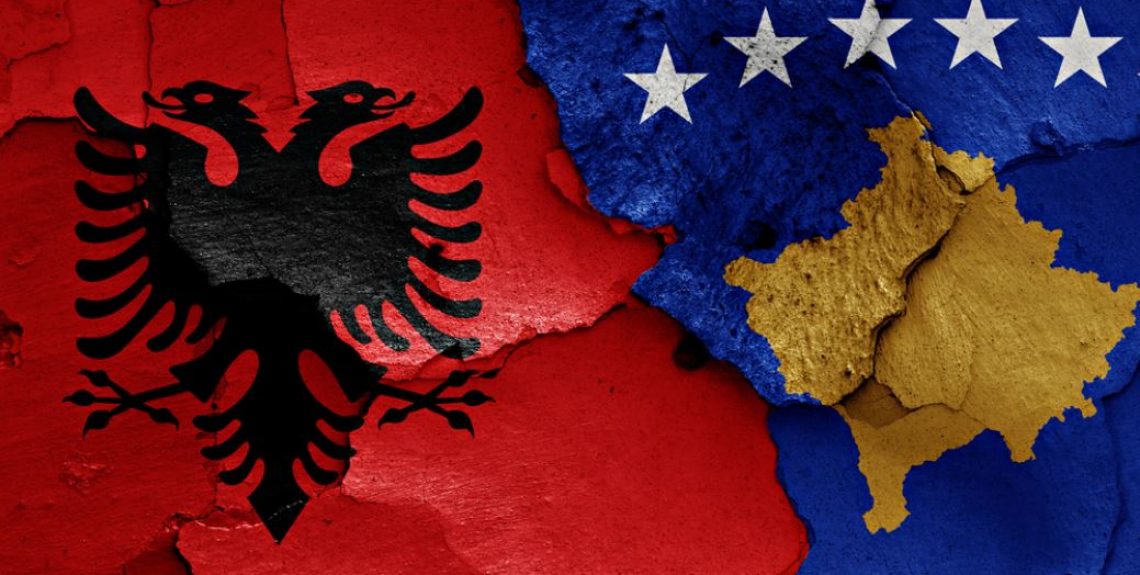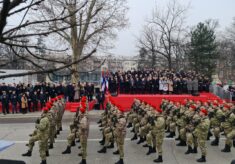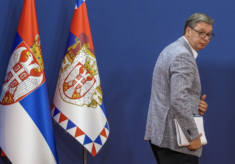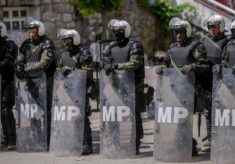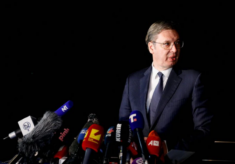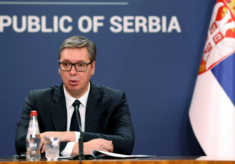In a recent interview with Euronews, Albin Kurti, the winner of parliamentary elections in Kosovo on the 14th of February, said that he would back the unification of Albania and Kosovo, should a referendum be held in the future on this matter.
His words re-ignited an issue that has always been present in the agendas of Pristina and Tirana. Kurti has been campaigning for reunification for a long time. The former Prime Minister of Kosovo, Ramush Haradinaj, stressed in the past that he is open to such an idea. The same goes for the former President Hashim Thaci and the current Prime Minister of Albania, Edi Rama, who once said that the question of the unification is unavoidable in the future. Public opinion in both the countries supports the unification, too.
A new Albanian state would count almost 5 million citizens and would become the second political power in the region, challenging the Serbian dominance. This is a strategic gain for both Albania and Kosovo. Yet it is Pristina that could reap more advantages. A joint state would mean, in principle and notwithstanding real diplomatic issues with non-recognising allies, getting NATO protection (Albania joined the Alliance in 2009) and overcoming Serbia’s attempt to block the recognition process through Russia and China’s support at the UN Security Council.
What’s more, Kosovo has a growing demographic trend, while Albania’s population is shrinking due to emigration. Kosovo can challenge Tirana’s role as the main engine of the union in the long term.
Next, the cost of unification BNE Intellinews estimates, could be $16 billion. Collecting resources to afford such a price is almost a mission impossible: Tirana and Pristina have very fragile economies with many Achilles’ heels. Not to mention the fact that citizens in both countries are not very keen to accept a would-be unification tax, as public opinion polls show.
The birth of a joint Albanian state could also spark territorial changes in the region. Serbia, which opposes unification between Pristina and Tirana, would try to seize Northern Kosovo, mainly inhabited by Serbs and still largely controlled by Belgrade, as well as to strengthen relations with Serbs in Montenegro and in Bosnia and Herzegovina, to counter the increased Albanian weight on Europe’s south-eastern periphery. It would mean opening a Pandora’s box, with unpredictable consequences that NATO and the EU would not appreciate.
Ultimately, Kurti’s recent interview with Euronews should not be taken as an alarming message. It mainly sounds like a card to force Serbia to integrate Northern Kosovo into Pristina’s structures and Europe to support more Kosovo’s Euro-Atlantic ambitions. The unification between Albania and Kosovo seems unlikely in the near future.

